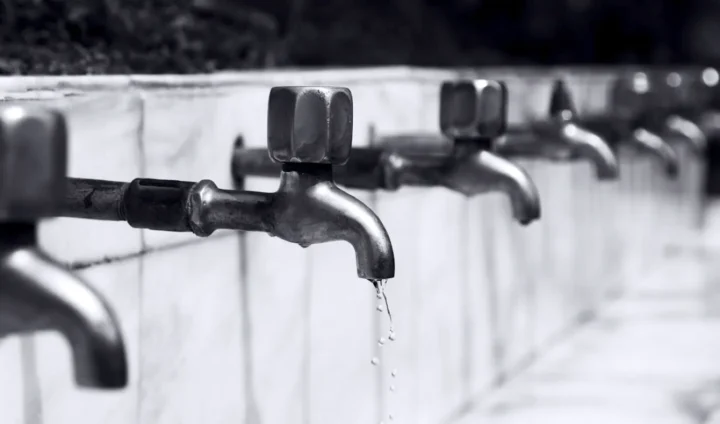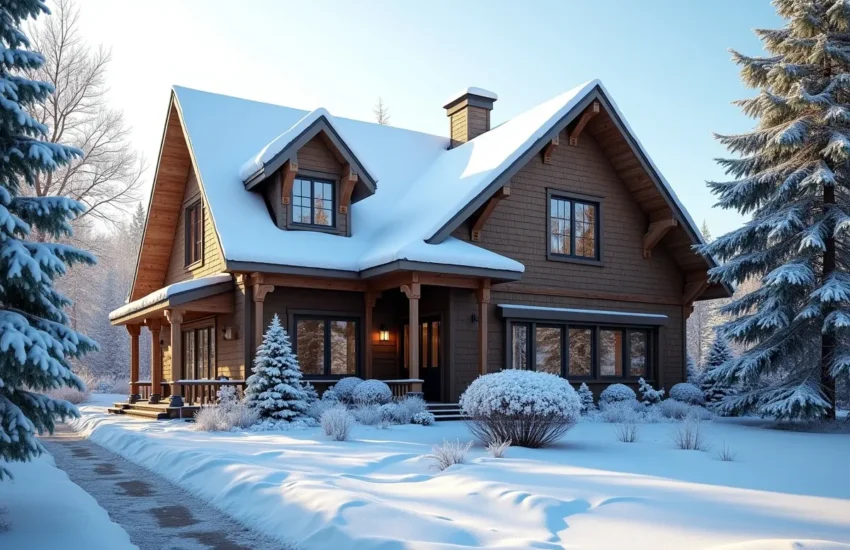The Hidden Risks of Fixing Plumbing Yourself
Have you ever thought a plumbing fix would be quick and cheap, only to end up knee-deep in water, wondering what went wrong? In Ohio, where older homes meet a mix of modern and outdated plumbing systems, it’s tempting to grab a wrench and try to solve issues yourself.
But the hidden risks—both to your property and your wallet—can far outweigh the savings. In this blog, we will share the key dangers of attempting plumbing repairs without professional help and what you should do instead.

Why Small Fixes Can Become Big Problems
Many plumbing issues seem straightforward at first glance. A leaky faucet, a clogged drain, or a slow sink might look like easy fixes. But pipes, seals, and fittings are often connected in ways that aren’t obvious until you start dismantling them. A small slip, like over-tightening a joint, can crack a pipe and turn a minor leak into a full-blown emergency.
Complex components, such as garbage disposals, are another common trap. Something that looks as simple as swapping out a unit can involve electrical wiring, sealed connections, and precise alignment.
For example, anyone facing garbage disposal replacement in Willoughby, OH might be tempted to order a part online and install it themselves. However, without the right tools and know-how, even a seemingly minor misstep can damage surrounding pipes, void the appliance warranty, or create safety hazards.
Professionals not only install equipment correctly but also ensure your entire system is functioning as it should, which saves you time, stress, and future repair costs.
The False Economy of DIY
At first, DIY plumbing looks like a cost saver. No labor fees, no waiting for an appointment—just the price of parts and your time. But this logic ignores the cost of mistakes. Improper repairs can cause hidden damage behind walls or under floors that might not show up for weeks or months. When that damage becomes obvious, the cost of repairs can be far greater than if you had hired a plumber in the first place.
Water damage is one of the most expensive consequences of botched plumbing. Moisture can weaken structures, encourage mold growth, and create health risks. Even a slow leak can cause thousands of dollars in damage if left unchecked. A trained plumber spots potential issues early and fixes them before they spread.
Safety Hazards You Might Overlook
Plumbing repairs don’t just involve water. Many systems are tied to electricity, gas, or pressurized pipes. Working around these without proper safety training can be dangerous. A cracked gas line, faulty connection, or electric shock from improper grounding can cause serious injury—or worse.
Even something as common as clearing a clogged drain can involve hazardous chemicals if you rely on over-the-counter solutions. Harsh drain cleaners can damage pipes and create toxic fumes, especially in enclosed spaces. Professionals use safe and effective methods that clear blockages without compromising your health or your plumbing.
Why Modern Plumbing Is More Complicated Than You Think
Advancements in plumbing technology have brought better efficiency, durability, and convenience—but also more complexity. Tankless water heaters, smart leak detectors, and pressurized systems require specialized tools and knowledge to repair correctly. If you approach these with outdated techniques, you risk causing compatibility issues or breaking sensitive components.
Licensed plumbers stay current with building codes, manufacturer guidelines, and evolving best practices. They know when a repair requires permits and how to complete work that meets safety and legal standards. Without that expertise, you might unknowingly make changes that violate codes and cause trouble when you try to sell your home.
The Impact on Your Home’s Value
DIY plumbing work that isn’t up to code can become a sticking point during a home inspection. Potential buyers may demand that uncertified repairs be redone, or they might walk away entirely. Even if you’re not selling soon, keeping your plumbing in top condition preserves your property’s value and prevents expensive surprises in the future.
Professional plumbers document their work and use parts that meet industry standards, which adds credibility and reassurance for future buyers. That paper trail matters when big-ticket systems like water heaters or whole-house filtration units are involved.
When to Call a Professional Immediately
Some situations demand professional help from the start. These include:
- Any sign of water pooling near your foundation
- Slow or no drainage in multiple fixtures
- Unexplained drops in water pressure
- Signs of mold or mildew from hidden leaks
- Strange noises from pipes, especially banging or whistling
Calling a professional early often prevents a small issue from becoming a disaster. They can diagnose the root cause quickly, provide a long-term solution, and help you avoid the recurring repairs that come with temporary fixes.
The Value of Preventive Maintenance
Instead of waiting for something to break, investing in preventive plumbing maintenance pays off over time. Regular inspections can identify small leaks, corroded fittings, or inefficient fixtures before they escalate. Many plumbing companies offer annual service plans that keep your system in good condition year-round.
Preventive care isn’t just about avoiding emergencies—it’s also about efficiency. Modern fixtures and appliances are designed to conserve water and energy, but only if they’re maintained correctly. A plumber can make adjustments to optimize performance, reduce utility costs, and extend the life of your equipment.
Fixing plumbing yourself might seem like a straightforward way to save money, but the risks—structural damage, safety hazards, code violations, and hidden costs—make it a gamble. In many cases, what you save in labor costs you’ll pay for later in repairs, property damage, or reduced home value. By trusting experienced professionals, you get peace of mind, lasting solutions, and the confidence that your home’s plumbing will perform when you need it most.


